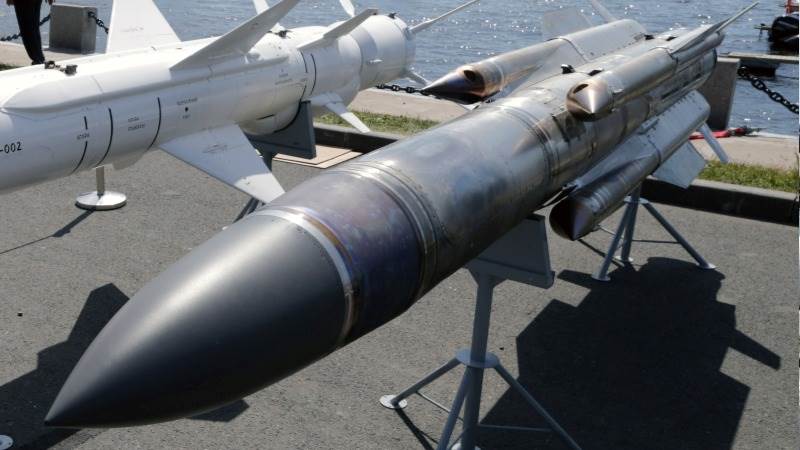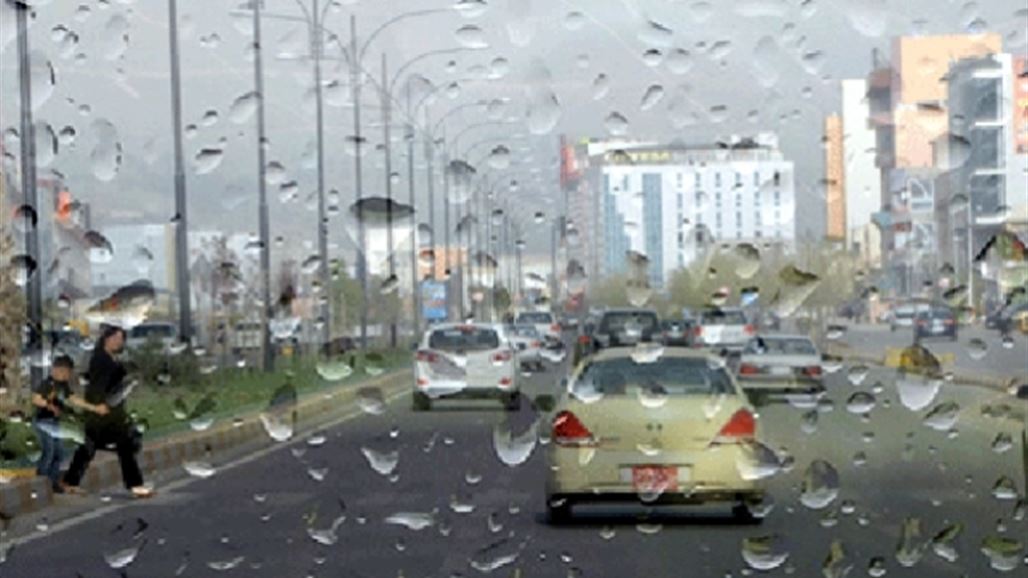Iran poised for escalation: Potential third wave of attacks on Israel looms

Shafaq News/ Concerns have been raised about Iran's potential escalation of hostilities towards Israel, with indications that Tehran may be preparing for a "third round" of attacks.
The Washington Institute has suggested in a report that Iran may resort to utilizing "the Iraqi option" by launching "Arqab missiles" from Iraqi territory. This could result in significant damage to Israel, given that the geographic distance would be approximately 400 kilometers. The report also proposed several measures for Washington to address these potential scenarios.
The report highlighted that Tehran does not share the US assessment that its April and October attacks had a limited impact on Israel. Therefore, Iran may decide to launch a third attack soon.
The report outlined statements from Iranian officials, including those from the Revolutionary Guard (IRGC), emphasizing the inevitability of retaliation against Israel for its October 26 assault on Iran. They noted Iran's capacity to "target everything that the Zionists cherish in a single operation," referencing Supreme Leader Ali Khamenei's assertion that Iran must demonstrate its strength to Israel.
Following the mention of the "Iraqi option," the report referenced Axios, which stated that "Iraq could serve as a launch platform for Iranian retaliation ahead of the upcoming US elections."
The report detailed a recent uptick in drone attacks against Israel by Tehran's partners in Iraq, with six attacks occurring in August, 37 in September, and 111 in October. It noted that "Iraqi factions have also utilized a new cruise missile provided by Iran, known as Al-Arqab, launching 26 of them at Israel between January 5 and October 5."
According to the report, Iran has not yet supported a ballistic missile attack from Iraq. However, if it chooses to pursue this option, it could easily pre-position such missiles in areas of Iraq controlled by its proxies.
The report also mentioned publications from 2019 suggesting that "Iran might have already taken such measures." This scenario could complicate US and Israeli missile defense efforts by "creating new and extensive launch zones that must be monitored, thereby reducing warning and interception times."
"Launch sites in Iraq would be approximately 420 kilometers from Israel's borders, compared to about 1,000 kilometers for the nearest Iranian missile attack route."
By directing militias to use weapons not previously launched at Israel or conducting collective attacks using recognized capabilities (drones and cruise missiles), Iran could potentially expand the conflict and reinforce "frontline unity."
The report warned that "if such an attack from Iraq leads to a strong Israeli retaliation against Iraq, Iraqi factions may view the United States as facilitating the attack or failing to prevent it. This could intensify opposition to the US military presence in Iraq and accelerate Baghdad's efforts to ensure the complete withdrawal of American forces."
US Options
The report stated that despite Washington's limited ability to influence Iranian leaders' perceptions of their actions' consequences, it remains committed to doing what it can. This includes disseminating as much evidence as possible after Iranian and Israeli strikes, such as satellite imagery and intelligence assessments.
US officials can also brief governments receptive to Tehran, such as Baghdad and the Gulf states. The report suggested that Washington could outline the severe consequences Iraq would face if it does not act against the escalation of Iranian proxy attacks on US allies and installations.
Additionally, the report hinted at a financial option against Baghdad, noting that the threat of losing access to substantial dollar shipments has been an effective means of securing Iraqi compliance, which the armed groups themselves would recognize as catastrophic for Iraq.
Finally, the report indicated that Washington could convey that in the event of new Iranian strikes, it would no longer oppose Israel attacking Iranian targets, including oil infrastructure and even nuclear sites.





